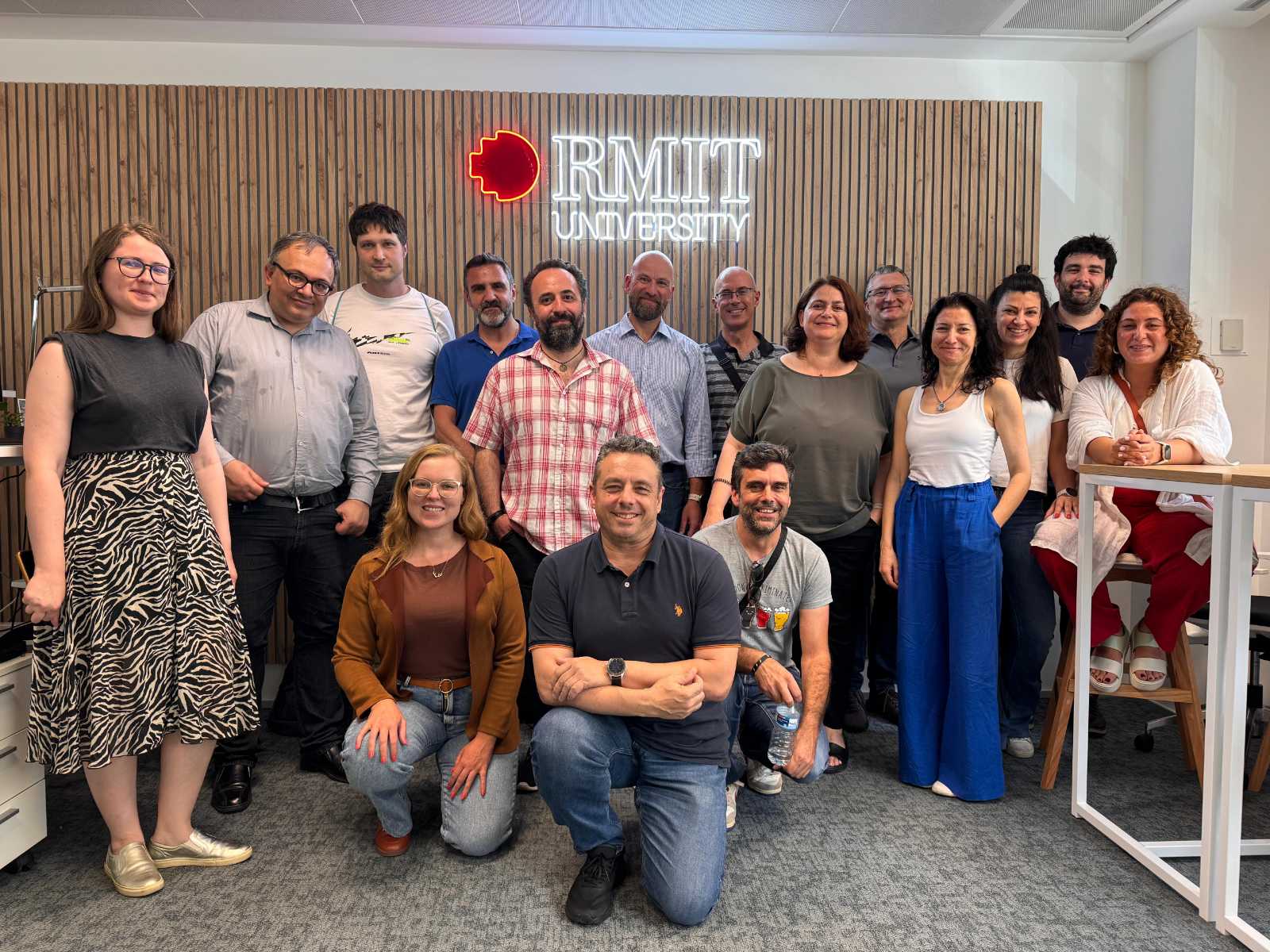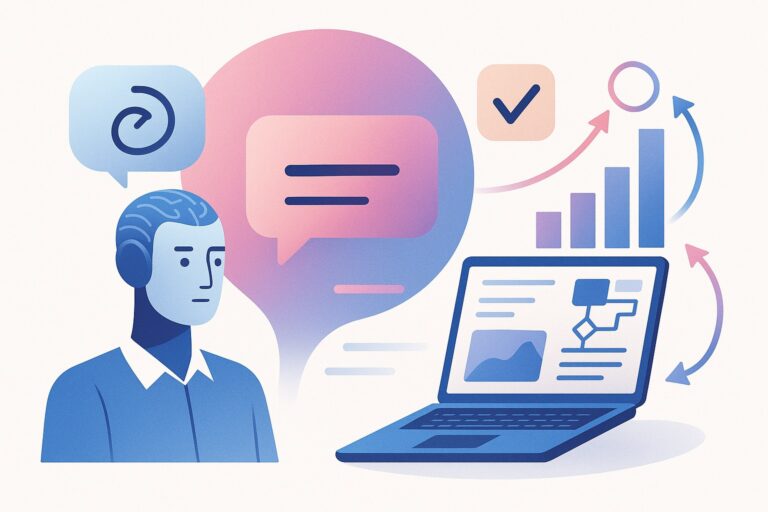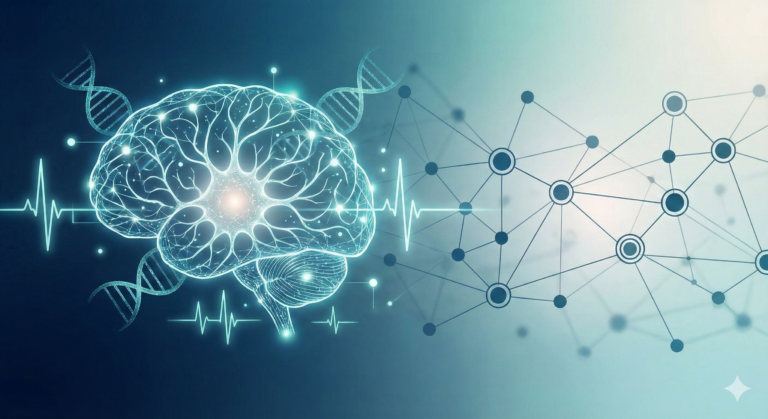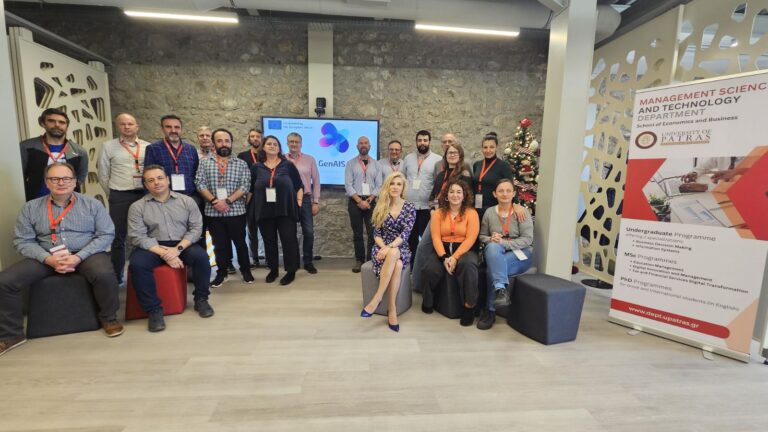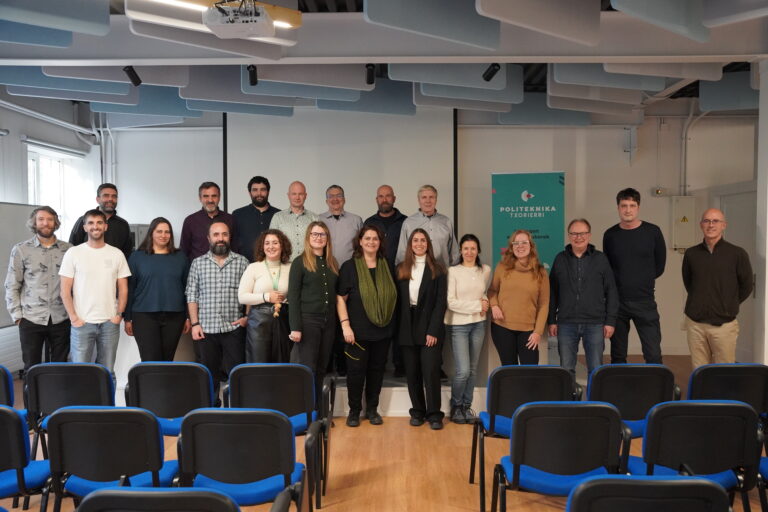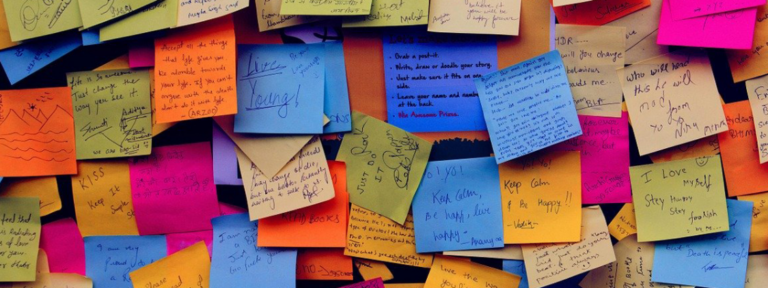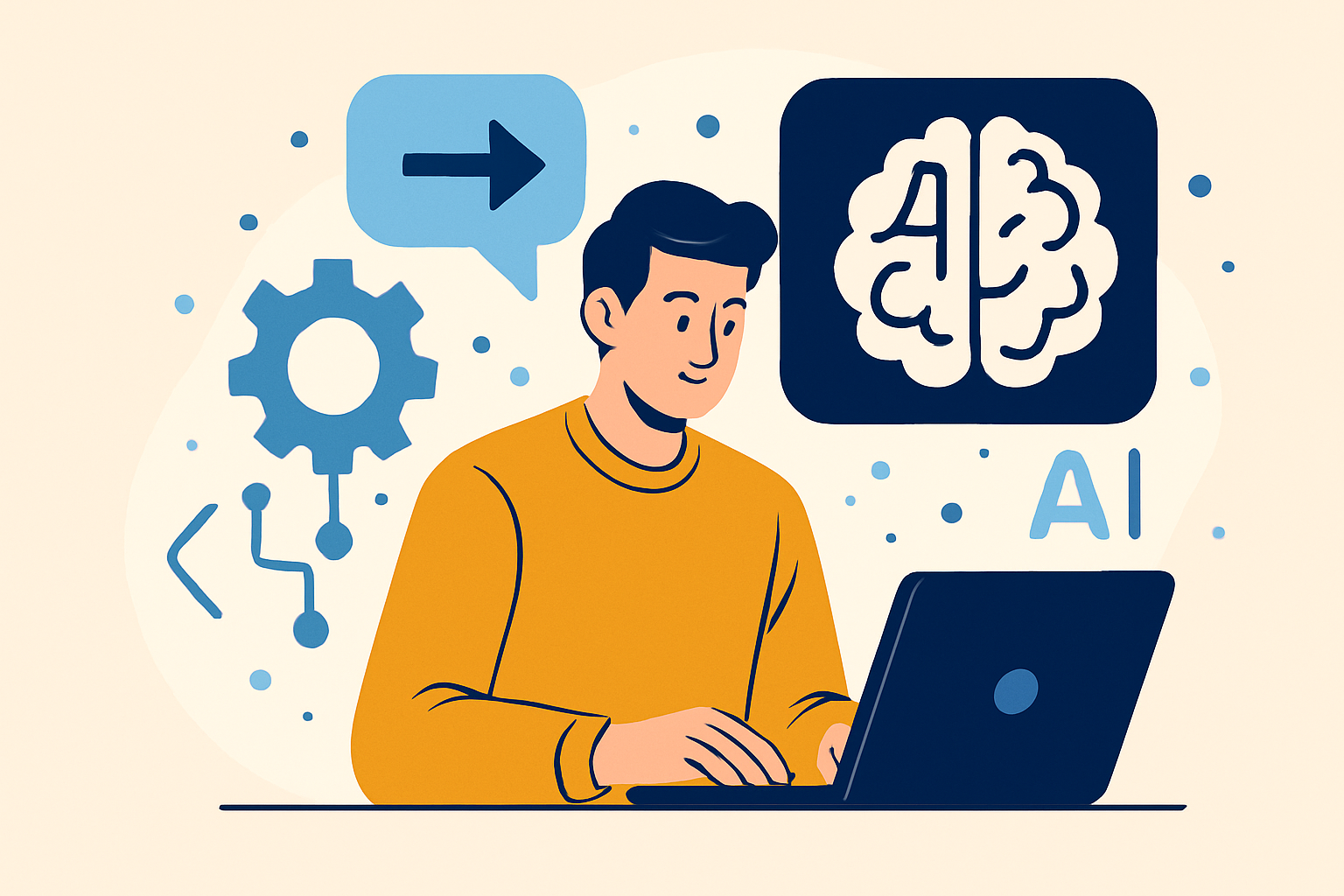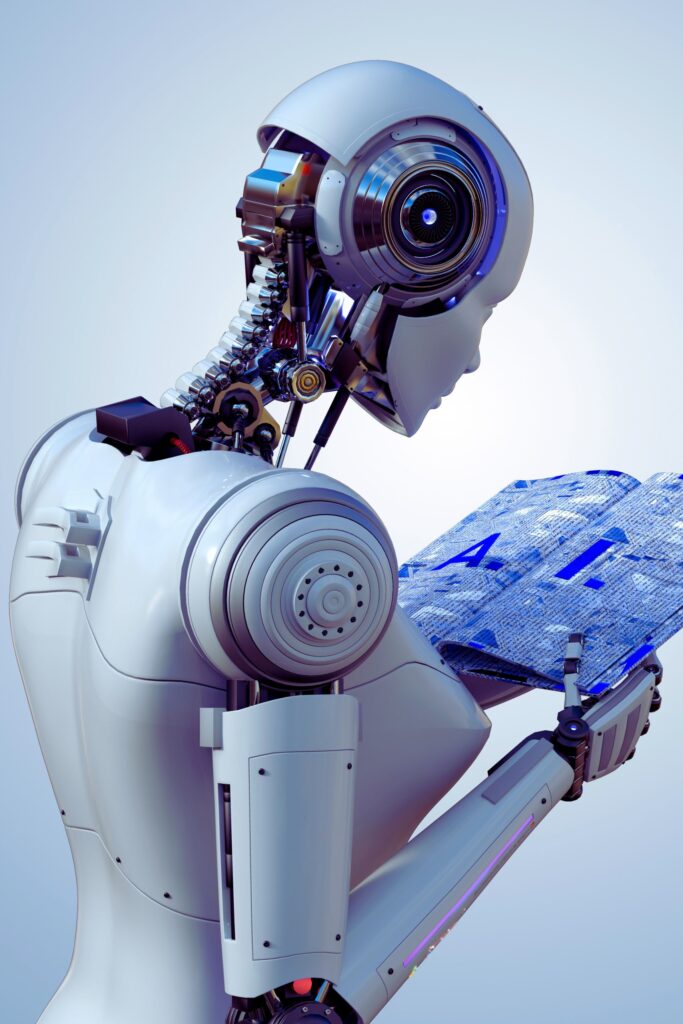GenAISA Partners Meet in Barcelona to Advance Generative AI Education
The second in-person partner meeting of the GenAISA – Generative AI Skills Academy project took place on 18–19 June 2025, hosted by RMIT Europe at their Barcelona office. This productive two-day gathering brought together project partners to evaluate progress, collaborate on key deliverables, and align next steps as the initiative moves into its core development phase.
Strengthening Curriculum Design and Assessment
One of the central focuses of the meeting was Work Package 2, where partners participated in a hands-on session led by RMIT Europe to co-design learning outcomes and assessment strategies for the project’s training modules. Using the SOLO taxonomy (as an alternative to Bloom’s) and the EQF levels, participants drafted outcome statements for both higher education and vocational training pathways. These drafts will be reviewed and finalized in the coming months.
Advancing the Digital Skills Passport and MOOC Platform
Significant updates were shared on Work Package 4, including a demo of the MOOC platform and a live walkthrough of the first interactive course module developed by ESI CEE. Partners praised the structure and activity-based learning approach, which blends videos, tasks, and self-assessments. A major discussion point was how to ensure learners complete all tasks before receiving a certificate of completion.
The Digital Skills Passport, a key innovation of the project, was also demonstrated. Hosted by Abodoo, the session explored its integration with Moodle and the storage of micro-credentials. Partners agreed on essential business requirements, with ongoing coordination to finalize the technical architecture and synchronization process.
Competence Mapping and AI Job Profiles
The University of Patras presented the latest results from Task 2.2, outlining the GenAI Competence Map and draft ESCO-aligned job profiles for roles like Prompt Engineer and Generative AI Engineer. These outputs will now be validated through expert interviews coordinated by RCCI and DIGITAL SME. The final versions will inform both course content and the Digital Skills Passport framework.
Preparing for Pilots and Testing
Politeknika Txorierri shared a draft of the teacher’s handbook and piloting plan under Work Package 5. A pre-pilot phase will allow partners to gather feedback on the MOOC and Digital Skills Passport before formal testing begins in 2026. Importantly, the project confirmed that learners won’t face strict entry requirements—supporting inclusive access to GenAI training.
Ensuring Quality and Risk Management
OTC presented updates on the project’s quality assurance and risk management plan, highlighting the need for all partners to regularly complete post-meeting evaluations and update the shared risk register. Monitoring of risk mitigation strategies will be integrated into future online partner check-ins.
Dissemination Progress
RCCI led a session on the current state of project dissemination, presenting key performance metrics from the GenAISA website, social media, and newsletters. The discussion reinforced the importance of coordinated partner engagement and consistent reporting of dissemination activities across all channels.
Looking Ahead
As the project progresses toward piloting and public release, several key deadlines were set:
- Draft course modules due by 30 September 2025
- Final online course versions + Virtual World and Digital Skills Passport ready by 21 December 2025
- Testing and refinement from January to May 2026
- Open call for learners in June 2026
Note: The publication was prepared with the help of generative artificial intelligence, which assisted in structuring and formulating the content. The final text is the result of the author’s expert contribution, in order to guarantee its accuracy.
